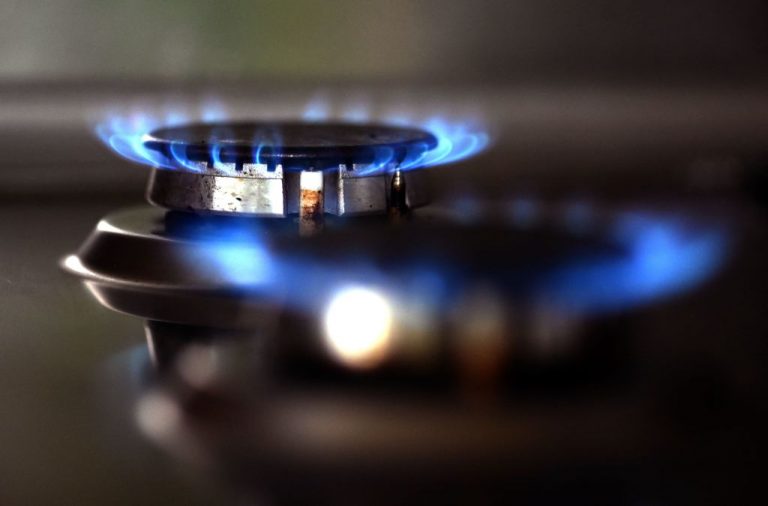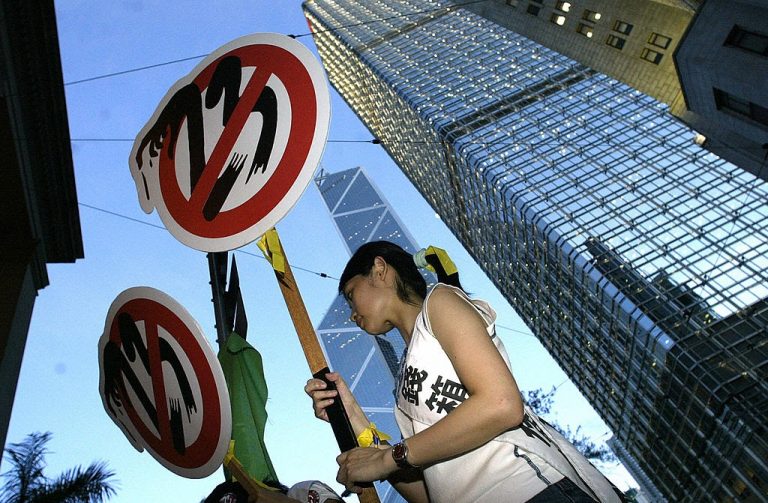Germany, Austria and the Netherlands are among the European countries that have started the process to ration natural gas after Russian President Vladimir Putin vowed to cut off the countries from its gas unless they start paying in rubles.
On March 30, Germany and Austria took steps to ration gas by activating an emergency plan intended to help the countries cope with a potential disruption in supplies from Russia.
Robert Habeck, Germany’s economy minister, recently convened a crisis team to address the matter and instructed both consumers and businesses to take steps to reduce consumption immediately saying, “every kilowatt hour counts.”
“We must increase precautionary measures to be prepared for an escalation on the part of Russia,” Habeck said, adding that, “With the declaration of the early warning level, a crisis team has convened.”
Germany, Europe’s largest economy, is heavily reliant on energy supplies from Russia making it particularly vulnerable should Russia decide to turn off the taps.
Success
You are now signed up for our newsletter
Success
Check your email to complete sign up
Last year, the country sourced 34 percent of its oil, 55 percent of its natural gas and 26 percent of its coal from Russia, according to Nasdaq.
In March, Putin demanded that all “unfriendly” countries pay for its gas exports in rubles, a move in retaliation against the west for imposing crippling sanctions on the country over its invasion of Ukraine.
Vyacheslav Volodin, the speaker of the lower house of the Russian parliament said on March 30, “if you want gas, find rubles.”
On April 1, Moscow appeared to soften its stance saying that transitioning to payments for its energy products in rubles would be introduced gradually.
Dmitry Peskov, a Kremlin spokesman said, “Payments and delivery is a time consuming process… from a technological point of view, this is a more prolonged process.”
So far, Russia’s demands have been rejected.
Russia’s demand came after the European Union (EU) pledged to cut its use of Russian gas by two-thirds by the end of the year; however, how to achieve such a goal remains elusive.
So far, Germany says it won’t be able to wean itself off of Russian gas until 2024 while Poland has pledged to halt all Russian gas imports by the end of the year.
Germany’s energy predicament comes at a time when inflation is unusually high in the country. The European Central Bank said at the end of March that inflation in the country rose to a 40 year high to 7.6 percent and blamed the surging inflation on a 39.5 percent increase in the cost of energy since the same time last year.
READ MORE:
Austria, Netherlands very vulnerable
Austria relies much more on Russia for its gas than Germany, sourcing some 80 percent of its natural gas from Russia.
Austrian Chancellor, Karl Nehammer, said that gas rationing would only come into play in an “immediate crisis.”
The country is in the “early warning phase” of its existing gas emergency plan, the first of three steps designed to prepare the country for a potential shortage. Step three of the plan is when governments would begin rationing.
On March 30, the Dutch government advised its citizens and businesses to use less gas but stopped short of activating an emergency energy plan.
The Netherlands imports approximately 20 percent of its natural gas from Russia and has been seeking alternative sources of energy following Moscow’s invasion of Ukraine on Feb. 24, Oilprice.com reported.
Dutch economic affairs ministry spokesperson, Tim van Dijk, told Reuters, “In view of the German decision we reviewed our gas security plan. We are not going to initiate the plan because we will only take that step when there is a real physical shortage or there is an acute threat that it will happen.”
He said his government is monitoring the situation on a daily basis and has decided to launch a public campaign urging citizens to reduce their gas consumption.
Currently, despite strict sanctions imposed on Moscow by the EU, Russian gas continues to flow into the continent, accounting for roughly 40 percent of its total supplies.
UK ‘should be making plans’ to ration gas
On April 4, Jonathan Reynolds, the shadow business secretary, when asked if the UK should follow Germany and Austria and begin considering rationing gas replied, “We should be making those plans.”
He told the BBC, “The government should be preparing, not necessarily in public, for that situation. There’s a lot of complacency in this country about the relative lower exposure to Russian gas that we have.”
Reynolds argued that his government’s energy plan must not be based on “simply shopping from one authoritarian regime to the next for fossil fuels,” adding that a “long-term plan on renewables or nuclear, and energy efficiency” could “make the difference.”
Transport secretary, Grant Shapps, insisted that rationing would not be needed saying, “It’s not the route that we want to go down.”
When asked if rationing oil and gas was a “good idea” for the UK to explore, Shapps responded, “No I don’t,” and when asked if he was prepared to rule it out completely said, “Yes, I can.”
Last month, like many other European and North American countries, the UK announced that it would end Russian oil imports by the end of the year, while “exploring options” to end gas imports as well.
Chancellor, Rishi Sunak, warned that the UK would suffer an extreme economic hit and be plunged into recession if Europe immediately banned all energy imports from Russia.
In total, Sunak estimates that the UK alone would shoulder some £70bn (US$91.81 billion) in economic fallout should the UK ban Russian energy imports.

















